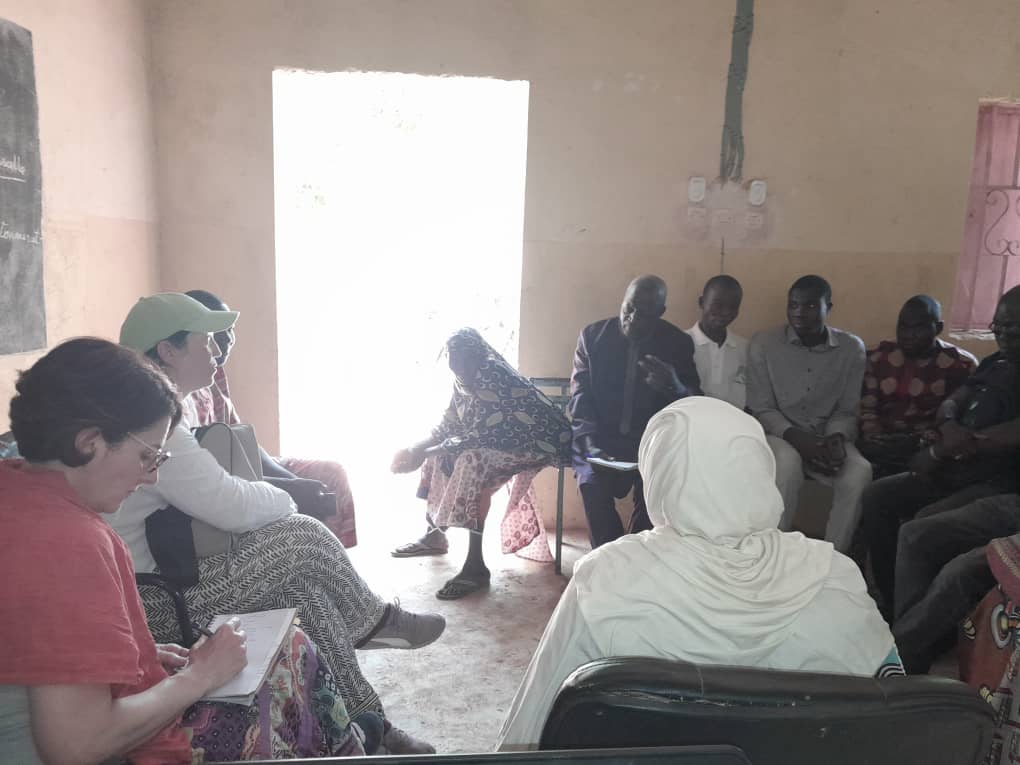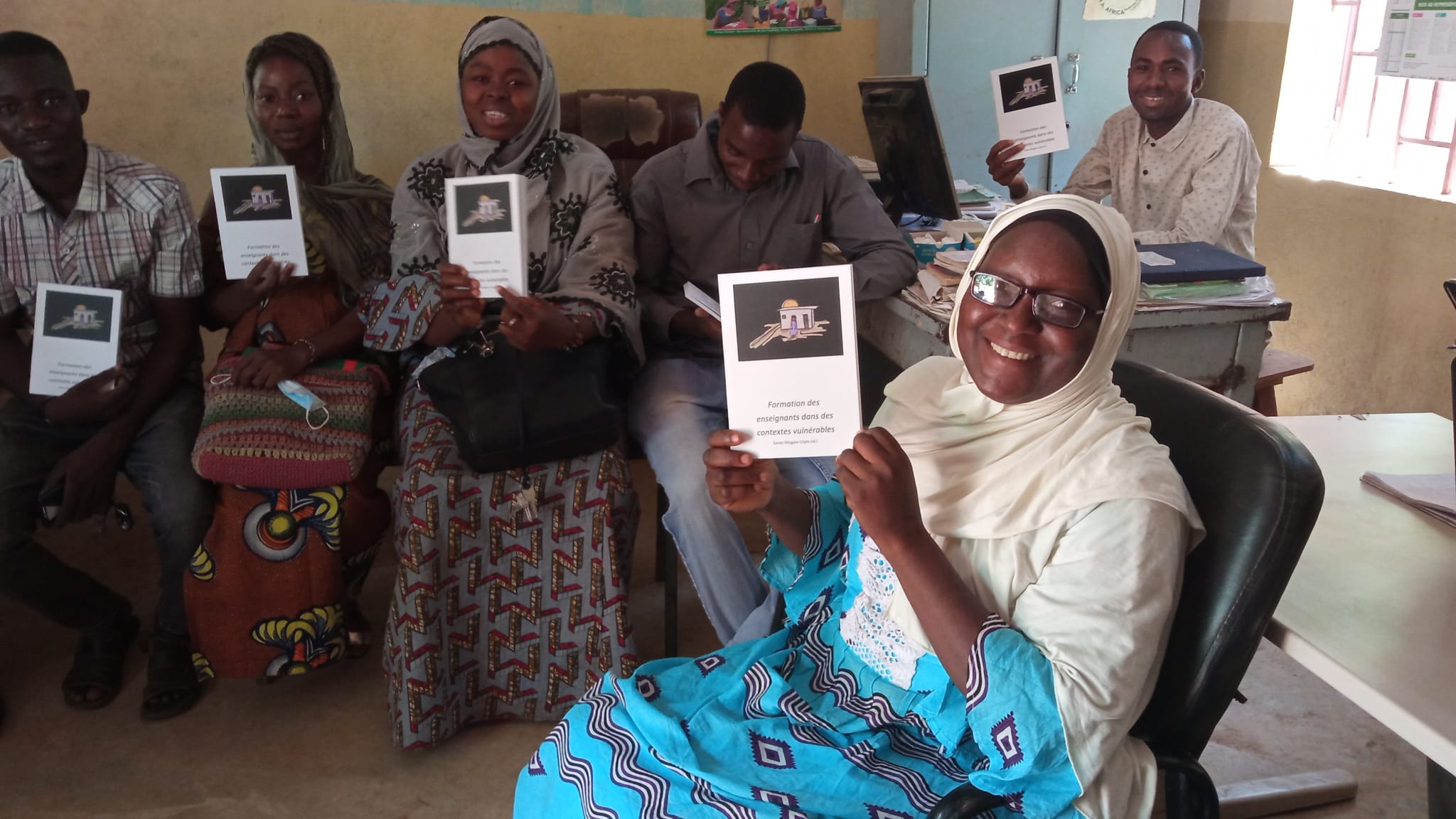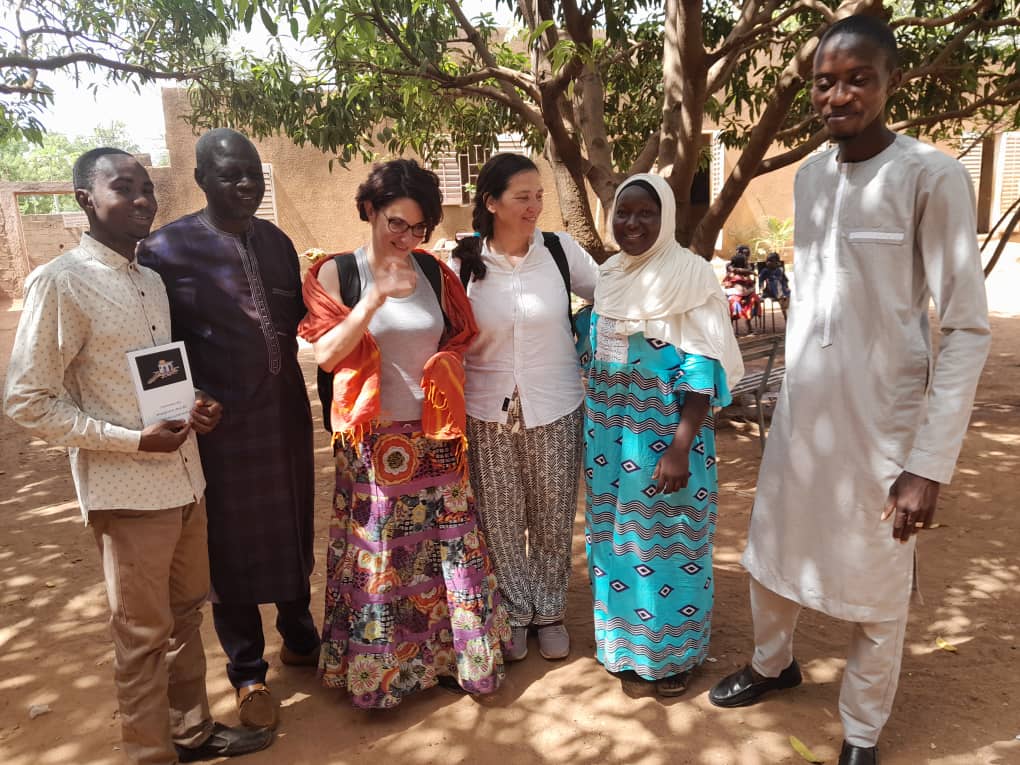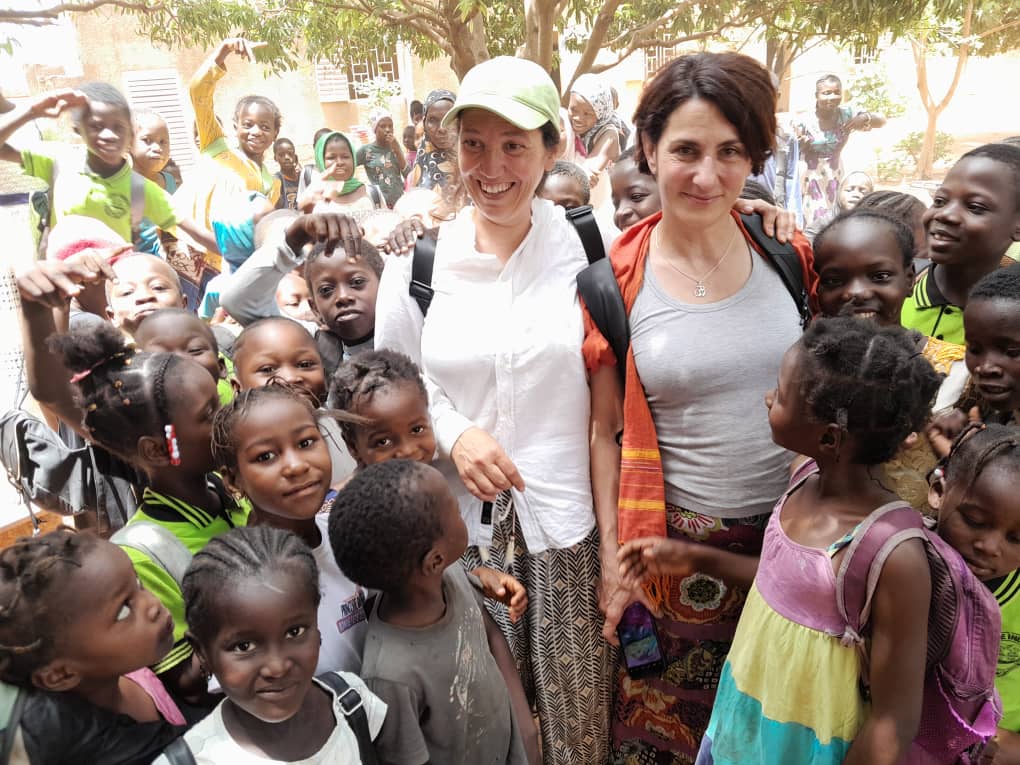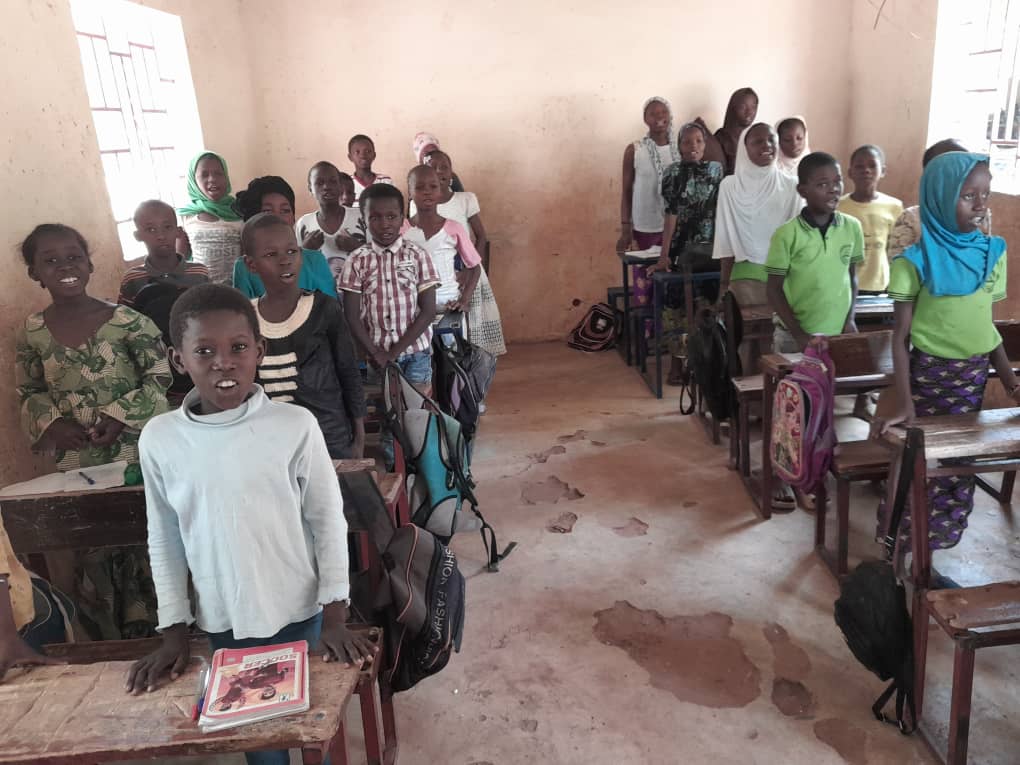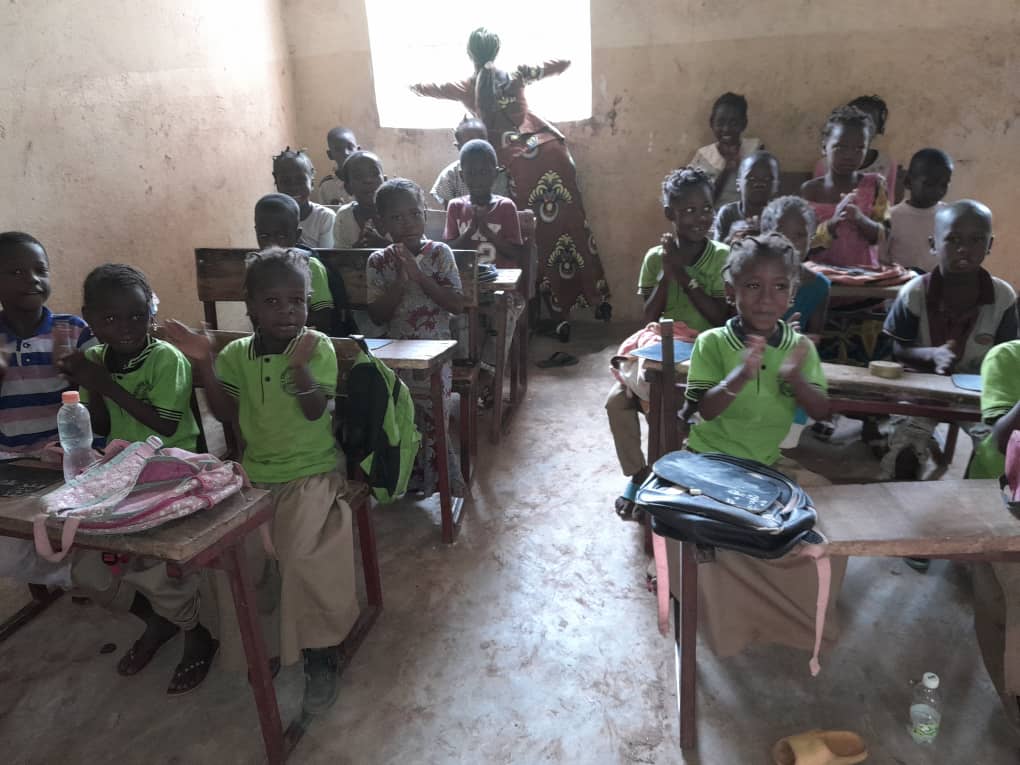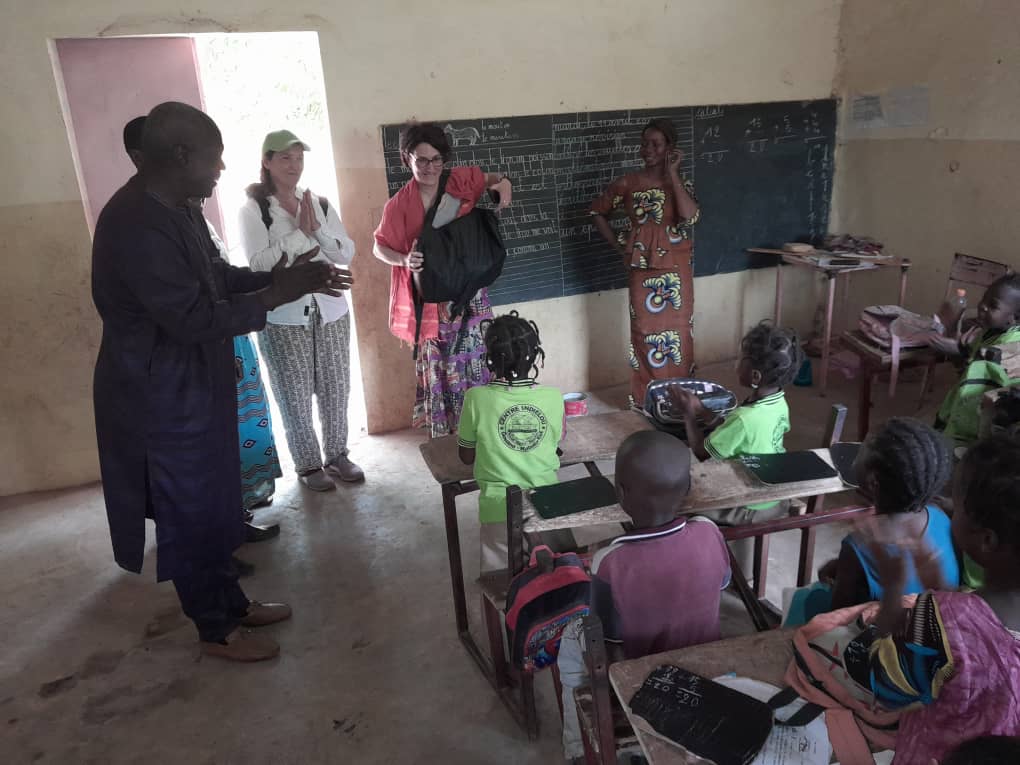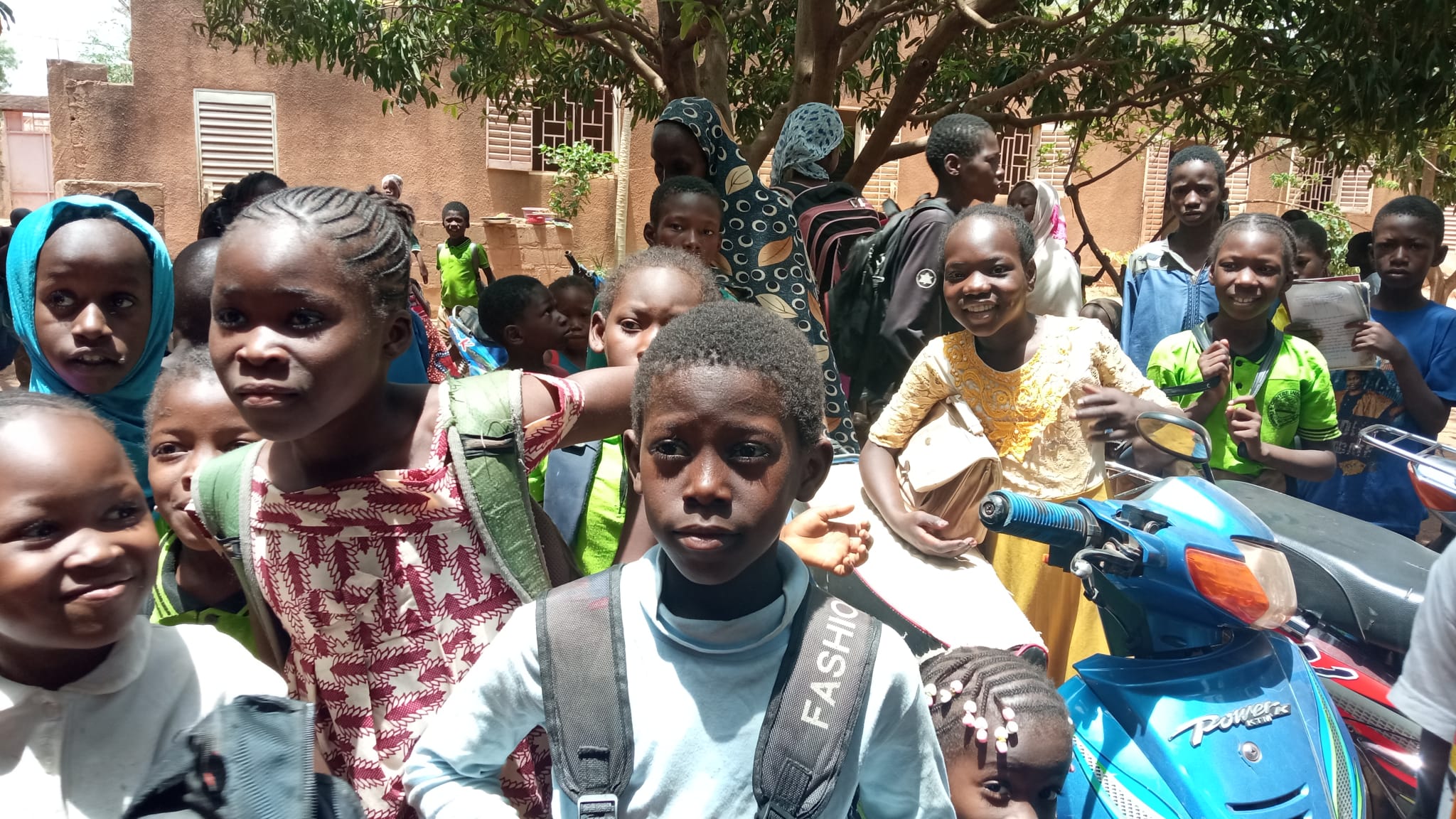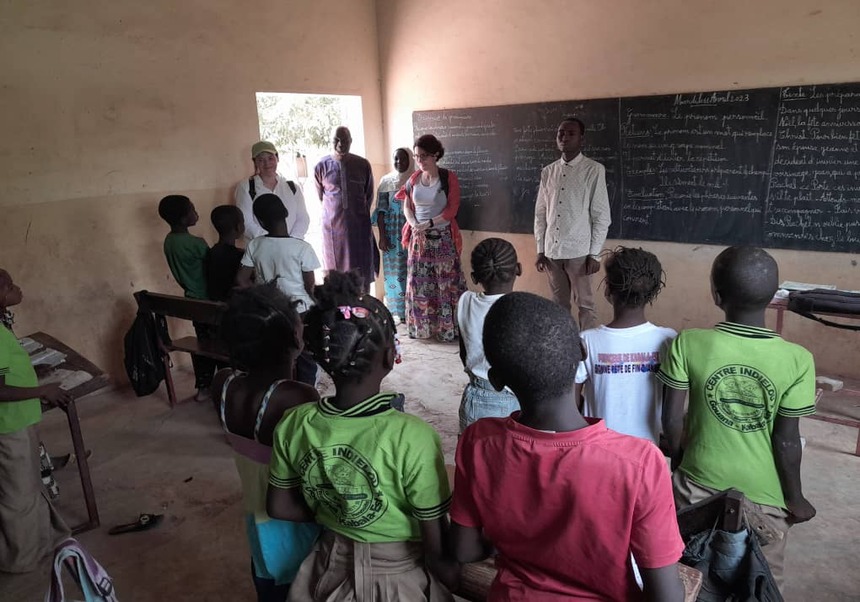
| Responsible | Alcantud Díaz, María | |
| Country | Malí | |
| Contribution | 14.400 € |
GOALS:
- At least 157 Primary school boys and girls (6 to 14 years old) and 120 Secondary school boys and girls (15 and 16 years old) access schooling in decent conditions and protection against COVID-19 infections.
- At least 277 children and 67 adults (at least 50% girls and women) know their rights and obligations through awareness workshops.
- At least 11 teachers (6 women and 5 men) develop skills in the classroom on educational quality and human rights.
RESULTS ACHIEVED
According to the agreement signed with the University of Valencia for the implementation of the project and to contribute to the sustainable development of the Indielou school as a model for the community, the training of the school's teachers was stipulated as fundamental objectives along with the development of initiatives that ensure its continuity. and therefore the focus was on carrying out the following activities:
- Carry out a diagnosis of the current situation of the school after the pandemic.
- Build a classroom for secondary school studies.
- Equip classrooms appropriately.
- Offer training material to teachers.
- Carry out a training course in basic didactics.
These activities were aimed at achieving the following result:
- Children and Adolescents (NNA) have better educational services and resources.
INDICATORS OBTAINED
- Before the end of the third school term, work had been carried out to diagnose the situation and training needs of the Indielou Center teachers.
- At the end of the fourth school quarter; 15 teachers (6 women and 9 men) have developed capacities in pedagogical teaching techniques and contextualized curricular design.
- In the first school trimester; 16 preschool boys and girls, 162 Primary boys and girls (6 to 14 years old) and 53 Secondary boys and girls (15 and 16 years old) access schooling in conditions of decent and protective infrastructure and equipment.
PROJECT CONCLUSIONS
- The interruption of education, or a profound deterioration in its quality, will reduce Mali's long-term social and economic competitiveness.
- Facilitating access to secondary education studies contributes to reducing inequality between girls and boys, which unfortunately increases at this stage because for many parents, schooling is not a priority for girls, who must stay at home to do household chores. , migrate to the city to work or are victims of early child marriage.
- The diagnosis of needs to strengthen the capacities of teachers has an impact in the short, medium and long term on the quality of education.
- Sharing quality teaching material offers an opportunity for dialogue and exchange that connects teaching professionals with teaching professionals and helps to expose and resolve the difficulties that teachers face in their work environment.
- Personalized training in basic didactics for teachers, the construction of new educational spaces, the provision and renewal of equipment, have a very positive impact on the development and quality of teaching and on its final beneficiaries, the students, the teachers and the Malian society itself.
Images:



.jpg)
.jpg)
.jpg)
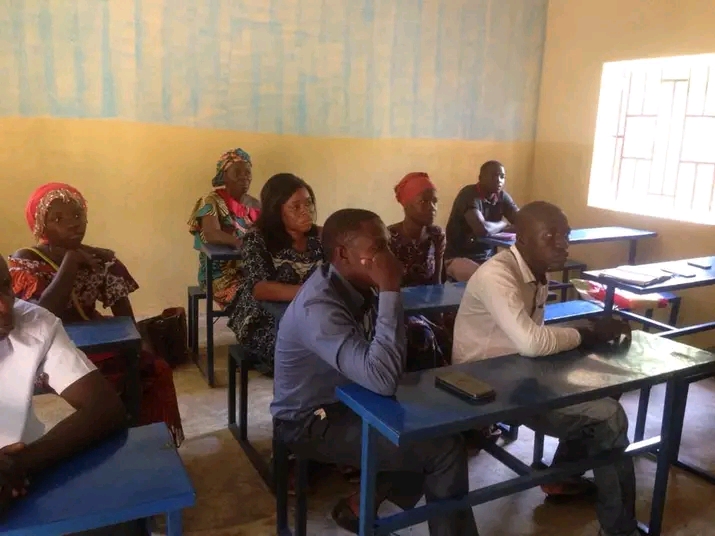
.jpg)
.jpg)
.jpg)
.jpg)
